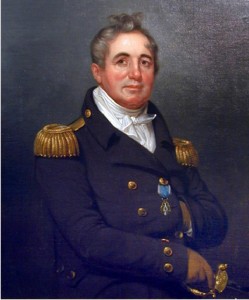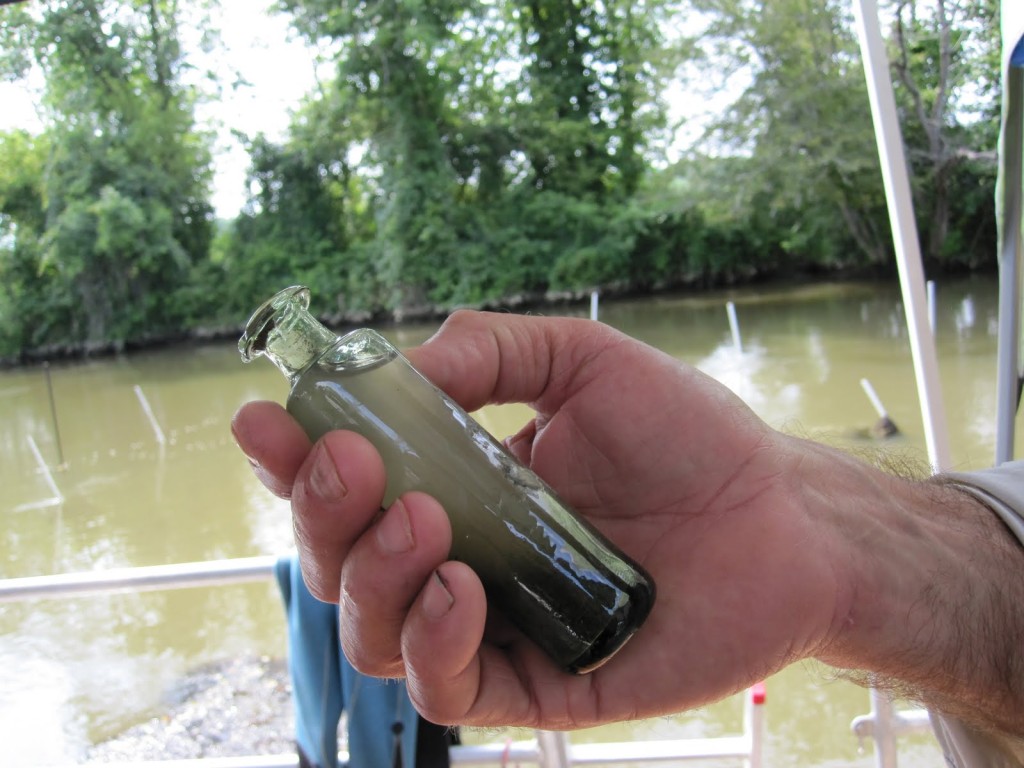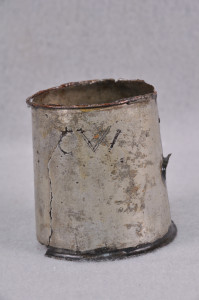
On April 29, 1814, Joshua Barney wrote to William Jones with the news of his departure from Baltimore:
At Anchor, at Mouth of Patapsco 29th April 1814
Sir
Yesterday I left Baltimore, with the Scorpion, two gun boats, and twelve Barges, to proceed down the Bay, with a view of “Convoying” the Asp from Potomac. The wind from SSE has detained us. On Monday last I sent down the Look-out boat with the Galley. The Galley has just returned and informs me, that there are two Ships and several smaller vessels of the Enemy in the Potomac; I shall proceed down with a change of wind and be guided by circumstances.
I cannot remain long as we are unable to carry more than twelve days of provisions, The Asp not being with me, nor the lookout boat, and it is impossible to put provisions, other than Salt, onboard the gunboats. They have no hold or place to put Bread, which is very bulky, nor dare I trust Liquors, or small stores among the Crews of Any, but I will do the best I can.
The lookout boat remains below to watch the movements of the Enemy.
I have left Mr. Rutter to superintend the Service in Baltimore, and have Mr. Frazier with me. I am with respect
Your Obedient ServantJoshua Barney
This letter from Joshua Barney to Secretary of the Navy William Jones is cross-posted from the Blog of 1812 courtesy the Jefferson Patterson Park & Museum.


